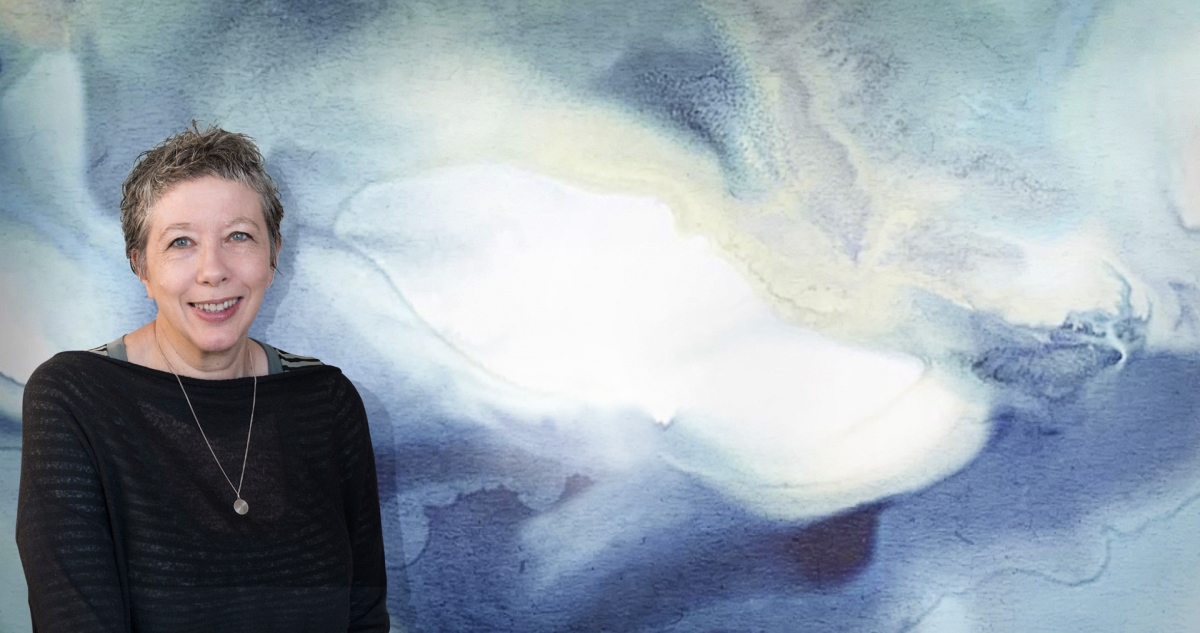Why Psychotherapy is Needed Now More Than Ever.
What happens when the last instagrammer goes home?
Don’t get me wrong.
I love Instagram.
But Instagram is not real life.
(I know that’s a shock, please feel free to have a cup of tea and a good lie down).
Our lives are not made up of perfectly composed images and sleek advertising-ready visual snippets.
With the contemporary world so image obsessed and surface focused, its hard to take time for the simple connections taken for granted by our ancestors.
We are a part of the material world - of nature and the earth.
The deep connections to nature and our bodies that are our birth right are often lost in the hurly burly of contemporary life.
Materiality is part of our authentic experience and our embodied life.
With the dominance of screens in our lives (from an increasingly young age) we often miss the authentic connections that should be a natural and valued part of being human.
Most of us lead busy, often disconnected lives.
And many of us feel that we are missing something.
Spirit or soul, a deeper connection that reflects our authentic selves. These longings sometimes touch us when we hear a beautiful story, see a movie, or connect with great art or music.
We often exist from day to day without ever taking time to reflect on our lives and our journey.
Where in this busyness is the time for contemplation, dreaming, exploration, play and art?
Today, the spaces that would otherwise be open to daydreaming and meditative thought are now filled with device checking and work: social media, texts, phone calls and emails. Our morning commute is crowded with workers checking their phones and scrolling, not even connecting with the information that appears on their screens.
Psychotherapy can help us renew the fragile spiritual connections that we miss through overwork and distraction.
The aim of psychotherapy is to help us realise our true selves.
Through inner exploration and contemplation, we build self-knowledge and awareness - and compassion for ourselves and others.
The developing knowledge that we nurture through psychotherapy incorporates body awareness - and spirituality. These values are often seen as mutually exclusive, but they are part of our heritage and a valuable part of what makes us human.
Connecting with nature, feeling comfortable in our own skin and loving our bodies can be a challenge when everything around us tells us we are not beautiful, not accomplished or not good enough.
Psychotherapy can be the place for all the granular life-enhancing experiences of creativity and soul.
Silence and gaps, overwhelming feelings and sensations, deep connections and attunement - these experiences can bring us back into the symbiosis and wordlessness of infancy.
And as we learn to navigate these potent experiences we can slowly re-invent ourselves and our lives.
The deep understanding that is part of the experience of psychotherapy is not the work of a few sessions.
Or even a few months.
It is really only possible through the building of trust and understanding with an empathetic therapist over time.
Only then can we feel free to bring up our most vulnerable parts and to be present with ourselves and our primitive and unacknowledged pain. Otherwise we risk the harm of re-traumatisation - bringing up intense experiences for which we just are not ready.
Psychotherapy can help us find new ways to live, accepting our true selves and discovering an authentic way of being in the world.
The explorations that we make in psychotherapy take us on a unique and powerful journey, along pathways that might otherwise never have opened up to us.
Through psychotherapy, we can fully and faithfully find our true selves.
From Body-Psychotherapist
Albert Pesso
In the therapy session, we have changed the stories and our client’s bodies instantly show the change.
Then the person becomes ready to imagine what it would have been like to have had parenting that was available from their now believable ideal parents.
In that point of the therapeutic work called a structure, they are no longer watching a “movie” that they are not in, they begin to experience a symbolic event, in which their ideal figures and they, as only themselves, take part in it.
In that self- experience they take in the ministrations of those ideal figures in their real body as well as in their mind’s body as if they were back in time when those experiences should have been available.
Their expressions of satisfaction are palpable and evident in their gaze, their posture and their breathing rate. The relief and then the consequent grief that follows the recognition of all that had been missed is heart rending to watch.
But the grief subsides and the relief settles deeper as the wonderful effects of oxytocin […] takes place. This is a holy moment and is reminiscent of Madonna images or religious icons where the images that are represented are just right.












